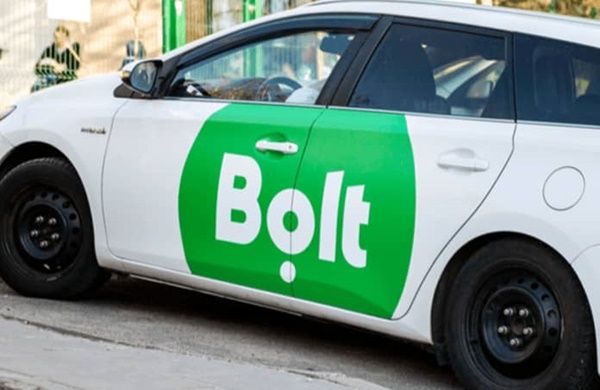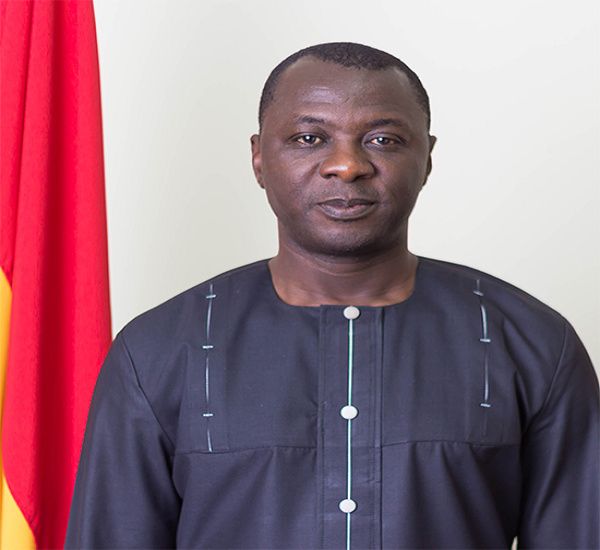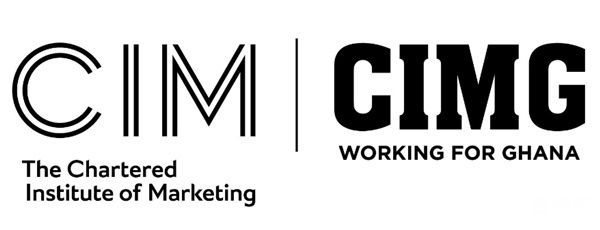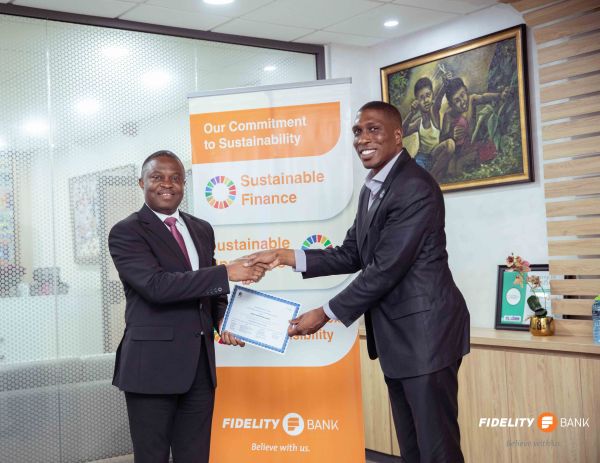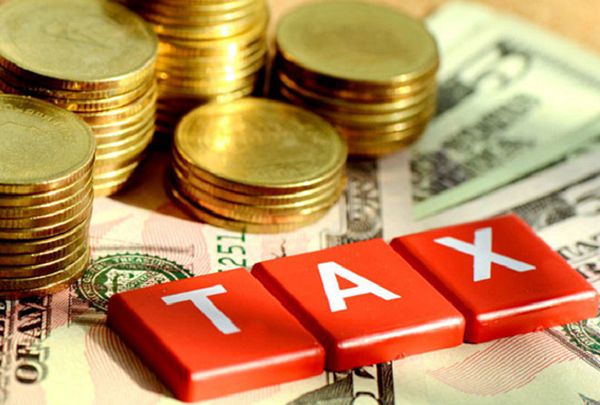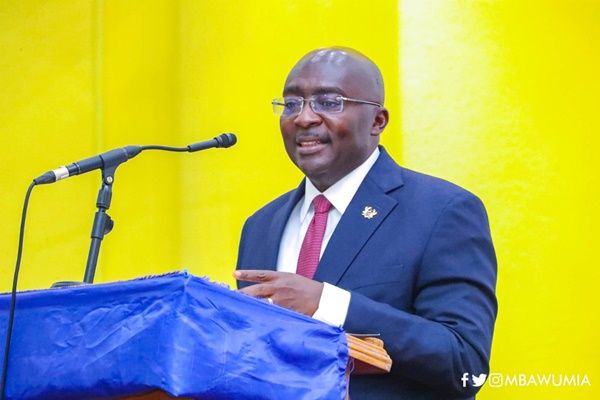
Vice President of Ghana, Dr Alhaji Mahamudu Bawumia says the government will save US$4.8 billion annually in foreign exchange for the successful implementation of the "Gold for Oil" policy.
According to Dr Bawumia, the policy is an important macroeconomic intervention the Government rolled out last year to deal with the balance of payments crisis, exchange rate depreciation and hikes in fuel prices, utility, transport fares and food items.
At the commissioning of the new Head Office of Bulk Oil Storage and Transportation (BOST) Company on Wednesday, 15th March 2023 at South Legon in Accra, Dr Bawmumia said the policy enables oil importing firms and bulk distribution companies (BDCs) to use gold rather than the US dollars to buy petroleum products.
"This policy will reduce our need for forex by about USD4.8 billion annually and result in significant savings on the prices at the pump," he said.
He said the policy was an innovative and progressive one that enabled the Government to stem the tide on the spiralling rate of the forex.
“It became imperative to adopt the policy last year when Ghana was facing a balance of payment challenge with the foreign exchange reserves at the Bank of Ghana dwindling, while oil importing companies needed forex to import petroleum products”.
Vice President Bawumia said, currently, 50 to 60 per cent of the country's oil import was from the "Gold for Oil" policy and was expected to hit 100 per cent by the end of 2023.
"Ghanaians should look forward to more of these innovations as we bring the economy back to life," he assured.
The policy was adopted at a time when the exchange rate was depreciating at an alarming rate, which translated into an increase in prices of fuel products at the pumps and subsequent hikes in transportation fares and food items.
"So, we have to think outside the box, outside the text book, to see how to prevent Ghana from getting into the situation where we're unable to buy fuel," Dr Bawumia stated.
Since Ghana could count on gold, which was a foreign exchange asset, government decided to use the cedi to buy the gold and replace it with the dollar to trade for the oil.
"The Gold for Oil was the first policy to address the balance of payment crisis. This is the most important macroeconomic policy to deal with the exchange rate depreciation, fuel and food inflation crises,” he said.
"The oil importing companies will not go to the Central Bank looking for forex to import oil. This will bring stability in pricing of fuel and savings in foreign exchange.”
In an answer to those who chastised the policy, Dr Bawumia said some had an impossibility mind set, “but for us, with God, all things are possible.”
He commended the Board and Management of BOST for the sterling leadership and commitment to duty.
He expressed the belief that public enterprises could be significant sources of revenue for the Government to support national development programmes if the right leadership were in place.
Mr Ekow Hackman, the Board Chair of BOST, recounted some of the challenges the company inherited in 2017, and mentioned a debt of $624 million, dysfunctional barges and pipelines as well as non-operational depots.
However, with the Board and Management implementing efficient corporate governance programmes, they had turned around the fortunes of the company for the better.
Mr Hackman said, for instance, in 2021, the company posted GHS163 million profit after tax and made a positive impact regarding its operational efficiencies.
It also completed its head office, which started in 2015, at an estimated cost of $39 million.
The office, situated on 7,000 square metres of land at Shiashie in the Greater Accra Region, comprised seven floors, parking space, an executive floor and a cafeteria.
Other ancillary facilities are a kitchenette, two generators, three elevators and underground fuel and water tanks.




